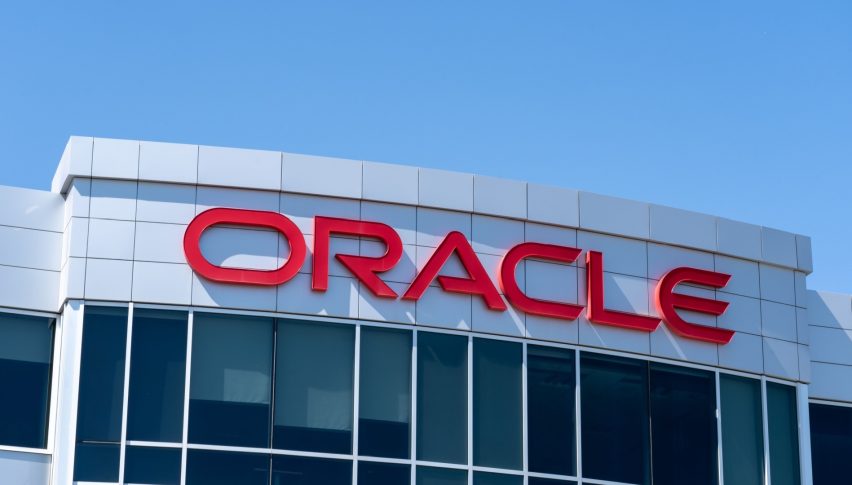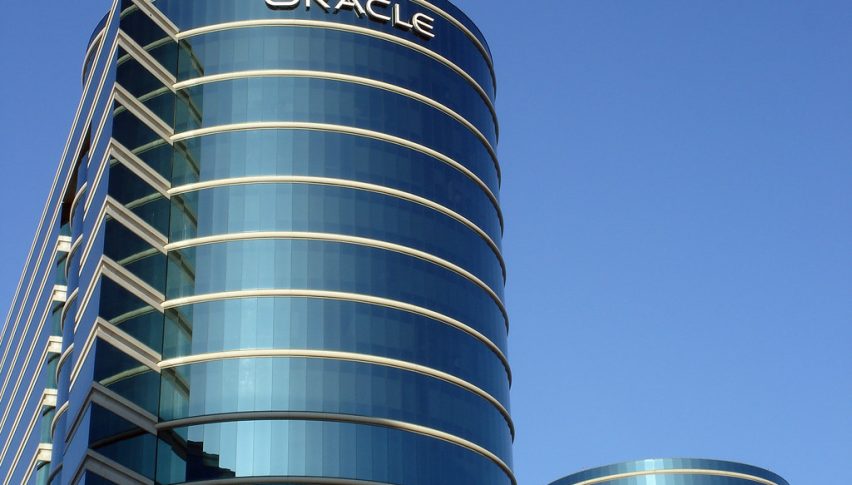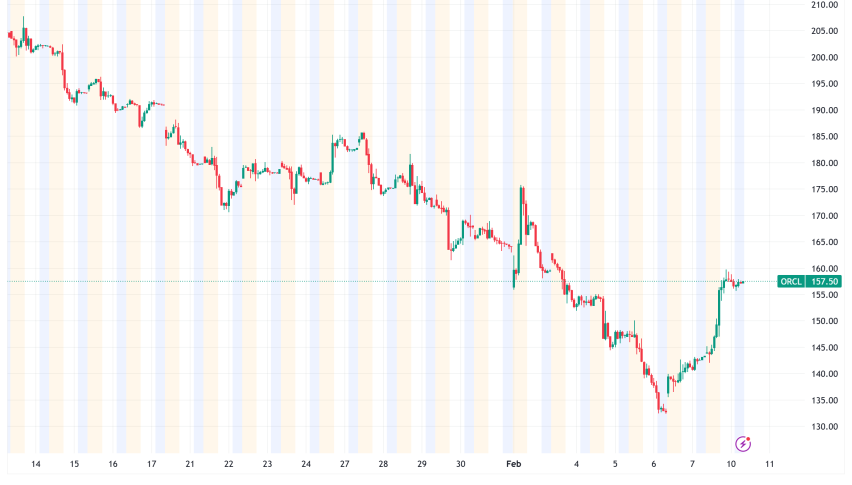Oracle Quickly Returns Below $300, Indicating ORCL Stock Weakness Ahead
Oracle's shares reached all-time highs due to its audacious cloud prediction, but profit-taking and revenue issues have held the price...

Quick overview
- Oracle's shares reached a record high of $345.72 following a positive earnings announcement and an upgraded cloud revenue outlook.
- Despite initial enthusiasm, the stock has faced pressure due to profit-taking and concerns over revenue performance, slipping towards the $300 level.
- CEO Safra Catz projects a significant increase in cloud revenue, aiming for $18 billion this fiscal year and ambitious long-term targets up to $144 billion.
- Oracle is reportedly in talks with Meta Platforms for a potential $20 billion cloud computing deal, which could enhance its position in the AI infrastructure market.
Oracle’s shares reached all-time highs due to its audacious cloud prediction, but profit-taking and revenue issues have held the price around $300.
Cloud-Driven Breakout and Pullback
Oracle’s earnings announcement initially sparked a wave of enthusiasm, propelling shares to an all-time high of $345.72—nearly 37% above prior levels. The rally was fueled by CEO Safra Catz’s upgraded cloud revenue outlook, which painted a picture of accelerating growth in AI-powered infrastructure. Yet momentum quickly faded, with shares slipping $40 in the following session and drifting toward the $300 level. The latest session brought another 2% decline, and after-hours trading suggests further weakness.
ORCL Chart Weekly – Consolidating After the Surge
Catz’s Ambitious Cloud Roadmap
At the heart of investor optimism is Catz’s projection that Oracle’s cloud infrastructure revenue will surge 77% this fiscal year to reach $18 billion. Looking further ahead, management mapped out an aggressive multi-year trajectory—cloud revenue targets of $32 billion, $73 billion, $114 billion, and ultimately $144 billion over the next four years. This long-term growth vision, backed by a record $455 billion in remaining performance obligations (RPO), reflects deep confidence in AI’s role as a growth driver.
A Potential $20B Boost From Meta
Adding to the excitement, Bloomberg reported that Oracle is in advanced talks with Meta Platforms over a potential $20 billion cloud computing deal. The agreement would provide Meta with processing power for training and deploying large AI models—a development that could reshape Oracle’s positioning within the AI infrastructure race. Although still unconfirmed, such a deal would significantly enhance the company’s visibility in a highly competitive market.
Market Dynamics and Investor Sentiment
Despite the lofty outlook, Oracle’s Q2 results highlighted some near-term challenges. Total revenue of $14.9 billion rose 14% year-over-year but missed analyst estimates. Net income held steady at $2.9 billion, with earnings per share inching higher to $1.01. Cloud revenue, however, stood out at $7.2 billion, up 28% year-on-year and now nearly half of total sales.
The stock’s rollercoaster performance underscores the tension between optimism over Oracle’s cloud-driven future and caution about current valuation levels. Shares have gained more than 120% since April 2024, but recent trading suggests investors are weighing whether growth expectations have already been priced in.
Outlook: Oracle’s cloud transformation remains its most compelling growth story, with major AI-linked deals and government-scale contracts likely to drive momentum. Still, the stock’s pullback after record highs shows that investor conviction is not yet unshakable. To sustain its rally, Oracle will need to demonstrate consistent execution and deliver results that justify its ambitious forecasts.
- Check out our free forex signals
- Follow the top economic events on FX Leaders economic calendar
- Trade better, discover more Forex Trading Strategies
- Open a FREE Trading Account
- Read our latest reviews on: Avatrade, Exness, HFM and XM


